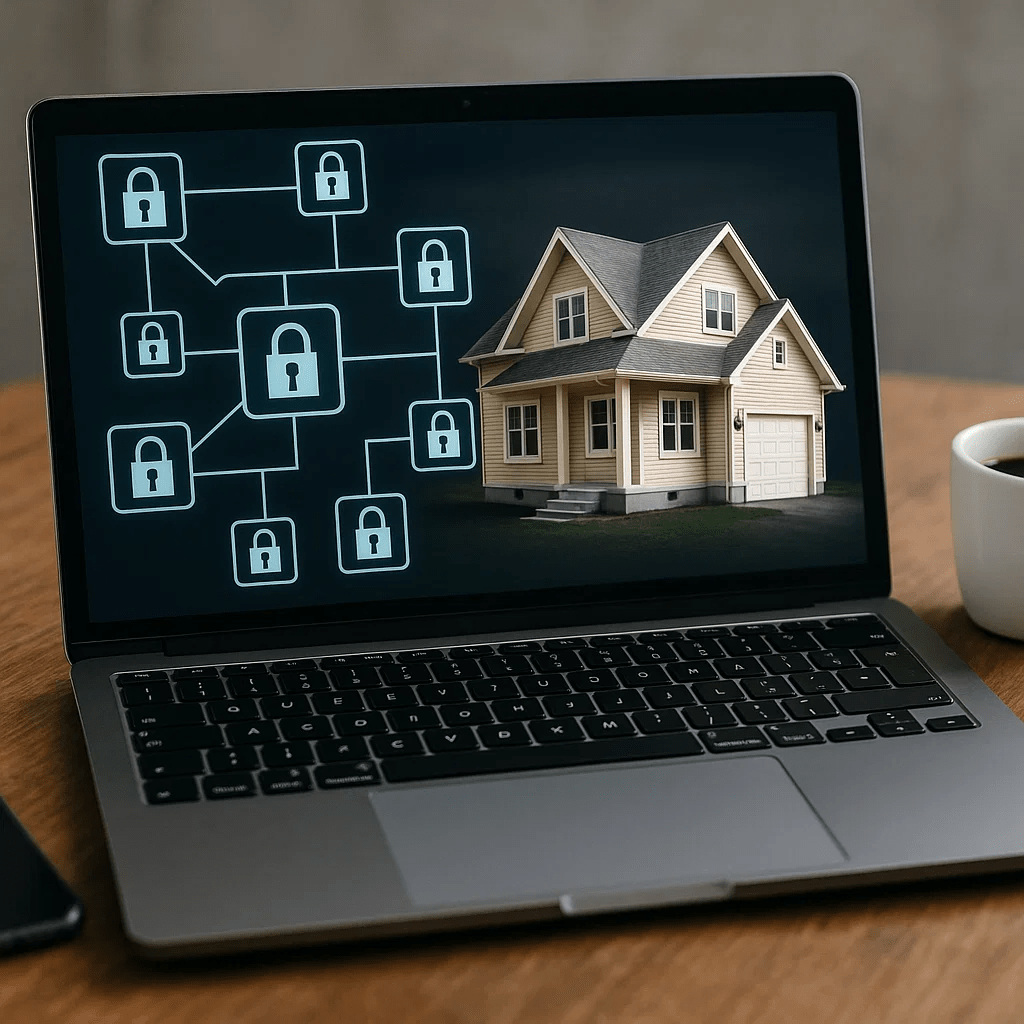Blockchain is a decentralized digital ledger that records transactions securely and transparently. In real estate, blockchain can streamline processes by:
- Reducing fraud and ensuring transaction security through encrypted and immutable records
- Eliminating intermediaries such as banks and escrow services, reducing costs
- Speeding up transactions by automating contracts and title transfers
- Enhancing transparency by providing a verifiable record of ownership and history
Key Applications of Blockchain in Real Estate
1. Smart Contracts for Automated Transactions
Smart contracts execute transactions automatically when predefined conditions are met, eliminating the need for manual processing. Platforms utilizing smart contracts include:
- Ethereum
- Hyperledger Fabric
- Polkadot
2. Tokenization of Real Estate Assets
Blockchain enables the fractional ownership of properties by converting real estate assets into digital tokens. This allows investors to buy and sell shares in properties seamlessly. Leading platforms include:
- RealT
- Harbor
- Propy
3. Transparent and Secure Property Records
Blockchain can create tamper-proof property records, reducing title fraud and disputes. Municipalities and companies integrating blockchain for records include:
- The Republic of Georgia’s land registry
- Chicago’s pilot blockchain property registry
- Ubitquity’s blockchain land records service
4. Decentralized Marketplaces for Buying and Selling
Blockchain-powered marketplaces allow buyers and sellers to connect directly, removing third-party costs. Examples of decentralized real estate platforms include:
- Propy
- ATLANT
- ShelterZoom
Benefits of Blockchain in Real Estate
- Increased security: Blockchain records are immutable and resistant to hacking.
- Faster transactions: Eliminates paperwork and streamlines verification processes.
- Lower costs: Reduces reliance on intermediaries, cutting fees for buyers and sellers.
- Global accessibility: Allows investors worldwide to participate in property transactions seamlessly.
Challenges and Considerations
Despite its potential, blockchain adoption in real estate faces challenges such as:
- Regulatory uncertainty: Governments are still developing policies around blockchain transactions.
- Technological adoption: Industry-wide implementation requires time and education.
- Scalability concerns: Blockchain networks must evolve to handle high transaction volumes efficiently.
The Future of Blockchain in Real Estate
As regulatory frameworks develop and adoption increases, blockchain is set to become a cornerstone of real estate transactions. Agents who stay ahead of this trend will be well-positioned to leverage blockchain’s benefits for efficiency, security, and profitability.
Conclusion
Blockchain is revolutionizing real estate by making transactions more transparent, secure, and efficient. Real estate professionals who embrace blockchain technology will gain a competitive edge in an increasingly digital market. As a real estate coach, guiding agents through this transformation will ensure they remain at the forefront of industry innovation.


